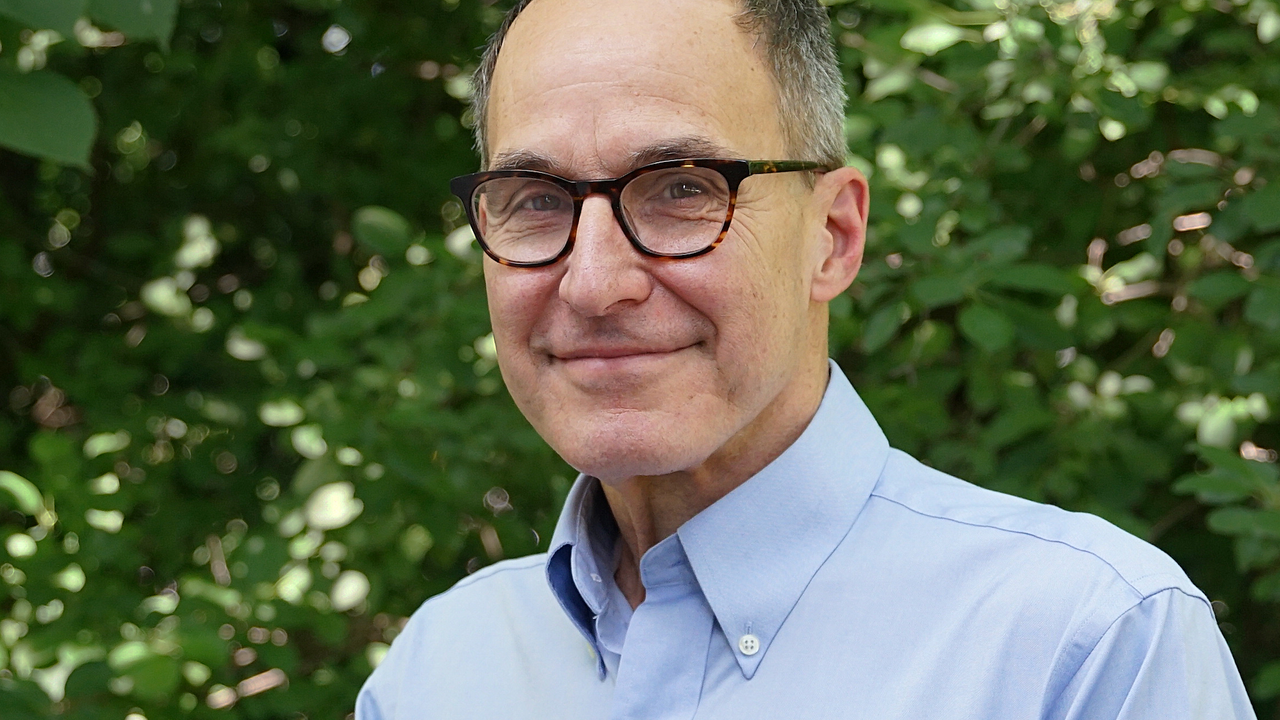[Podcast] How to Start Your Memoir: Three Questions to Ask Yourself

How do you start your memoir?
Some people just start telling stories from their life.
That’s one way. But it’s shortsighted.
A memoir, like all books, requires a strong idea—a thesis—that governs the book. It also requires idea development before you even begin writing. It can’t simply be an autobiography or a disjointed retelling of every story that has taught you a lesson.
Developing a governing idea helps your memoir have focus—what stories you should and shouldn’t include. It also helps you determine the structure of your memoir.
We sat down with Rob Lewis, ghostwriter of a memoir, who shared his expertise in memoir writing. In the interview, Lewis presented three questions all memoir writers should ask themselves before they start writing.
Do I Have a Story to Tell?
Writing a memoir is the craze of the day. Everyone believes they have a story that must be told. You must believe you have a story to tell if you’re reading this article. But before you start your memoir, you need to ask yourself, “Do I really have a story to tell?”
Or, “Does my story really have the potential to say something in a fresh way that will move people?”
Memoir as a genre has increased in popularity over the years. From celebrities to athletes to ordinary people overcoming obstacles—everyone, it seems, is dipping into memoir writing. There’s a problem with memoir popularity, though: people believe the everyday is extraordinary. It could be. But only if you help the reader see the extraordinary in the everyday.
When writing a memoir, you need to address whether or not you have an actual story to tell. How do you know?
A good memoir will be a story of significance. It will reveal an idea in a profound way, either through thematic exploration, character analysis, or voice and literary strategies.
A good memoir will also develop a fresh perspective on a topic. It will provide a narrative previously unconsidered, or provide additional, nuanced context to a former narrative.
Consider how your story will fit into the current narrative surrounding your topic. How is your memoir different? Why would a reader choose your memoir over another? Is there something in culture that makes your perspective particularly unique? Is yours written in an unconventional way that draws the reader in?
A fresh perspective on a written topic will spark a reader’s attention.
Remember: Memoirs are not a “regurgitation of ordinariness or ordeal…but a shared discovery.”
What Is My Structure?
A memoir—like all good books—needs a solid structure. Structure keeps your story focused and moving, with the overarching theme of your book always woven throughout.
Memoirs typically follow one of three structures: chronology, thematic, and past vs. present. A chronological memoir presents a linear story. It starts at one specific date and concludes at another specific date. A thematic memoir connects an amalgamation of stories through theme or message. And a past vs. present memoir compares life events from the past and present without adhering to the strict confines of a chronological structure.
When you start your memoir, choose the structure that best develops your story. In Lewis’s case, his memoir focused on the character’s Jewish ancestry, Jewish diaspora, and his personal journey through diaspora to becoming a strong leader. The chronological structure enabled Lewis to place the author's personal journey within the larger chronological narrative of his family’s Judaism.
To help you determine the best structure for your memoir, ask yourself the following questions: Are you exploring your character’s growth from childhood to adulthood? Or, are you showing a progression through different eras? If yes, then a chronological structure will best demonstrate your character’s growth/decline.
Are you telling a story with an emphasis on theme? If yes, then a thematic structure will best serve your narrative.
Are you comparing life events for dramatic effect? If yes, then a past vs. present structure will help you compare and contrast events.
A good reminder: A strong structure sets the pace of your story. It maintains tension and convinces your reader to read from the beginning to the end.
What Content Should I Use?
A memoir isn’t a junk drawer of everything in your life. Reading a junk-drawer memoir is like trying to find a paper clip buried beneath scissors, glue sticks, phone chargers, and receipts: frustrating. Don’t frustrate your reader (and make them give up on your memoir) by burying the best.
So, how do you choose what content to use?
It goes back to your big idea. What is it that you want to say about a topic? What is moving you so deeply that you must write your memoir? What is the one reason someone would read your memoir?
Find the key stories that support this prevailing idea, or your meta narrative. There may be some secondary stories that can be layered in as well. But all the other stories that don’t support your idea are better tucked away for a future writing project.
Think of your big idea as a “filter” that all content must pass through. Take Lewis as an example. He filtered all content through his thesis of developing of developing the author's Jewish identity while growing as a leader.
Every author has stories they adore and want to include in their memoir. But, if the content doesn’t support your thesis or provide a key event central to your character’s arc, then you have to cut it. As Stephen King says, you must kill your darlings.
Whether you’re outlining, writing, or editing your memoir, reconsider your content. Does it support your thesis? Does it develop your character arc? Kill off all your darlings. It’s sometimes painful and always hard work, but your memoir will be stronger.



